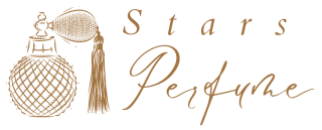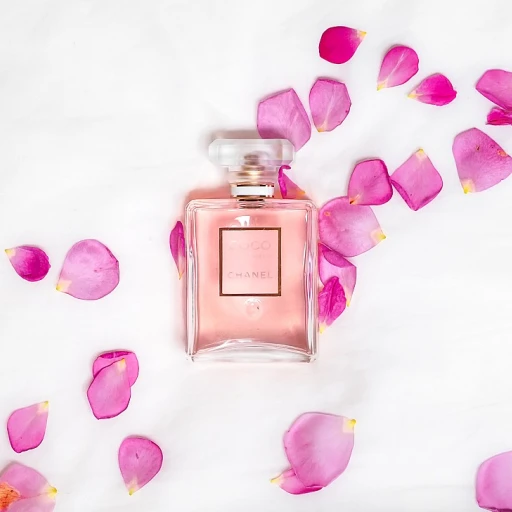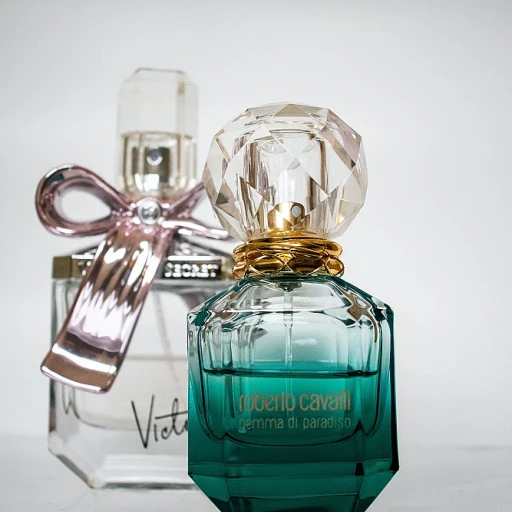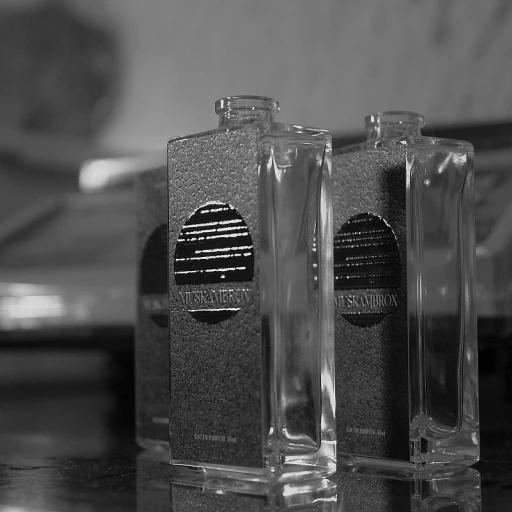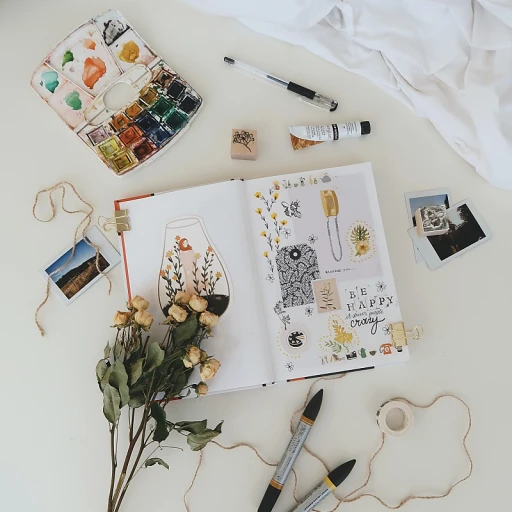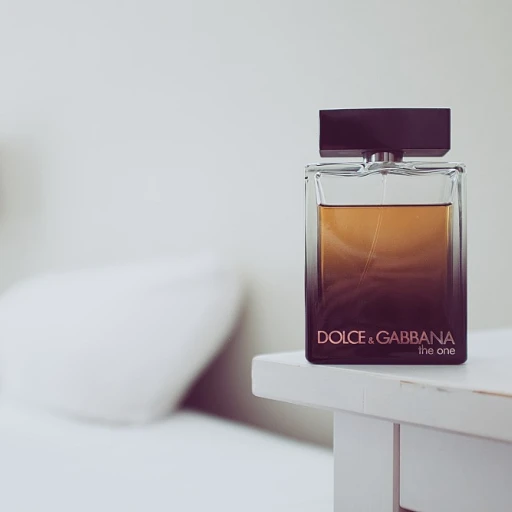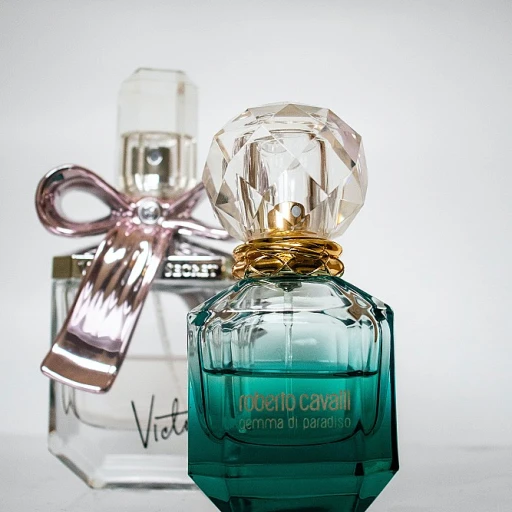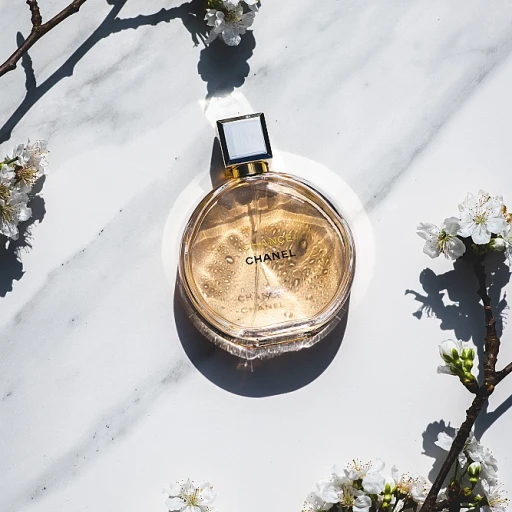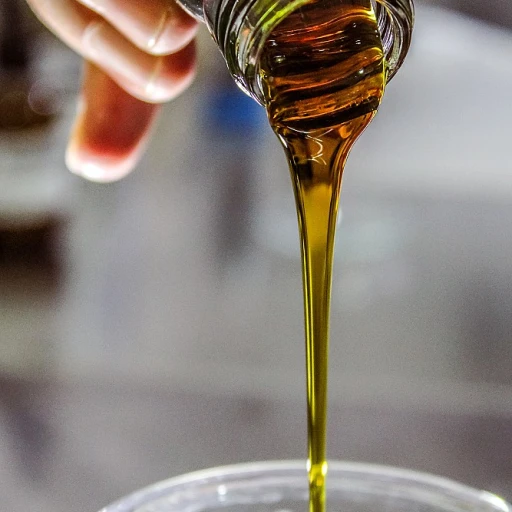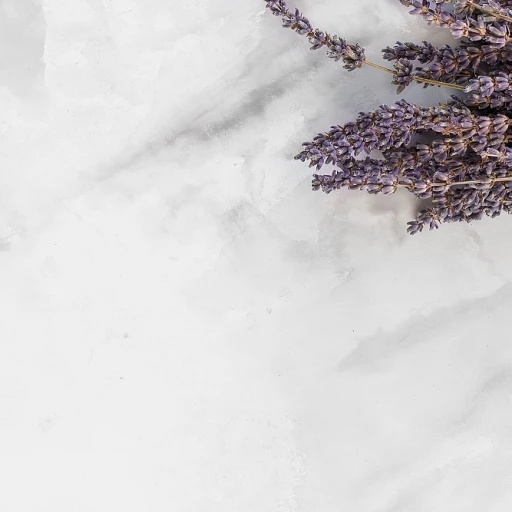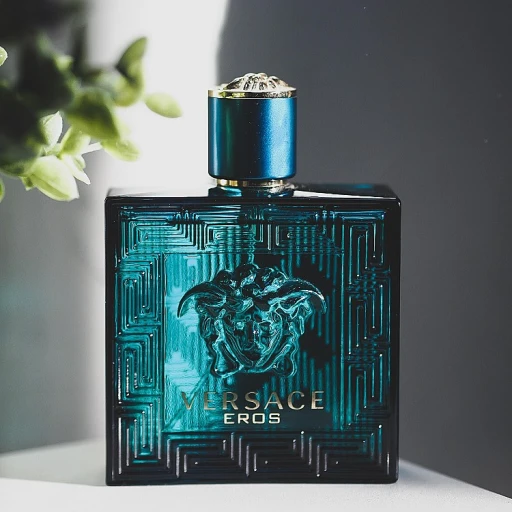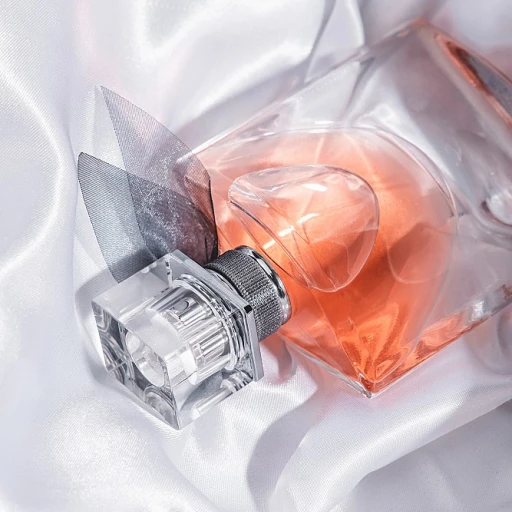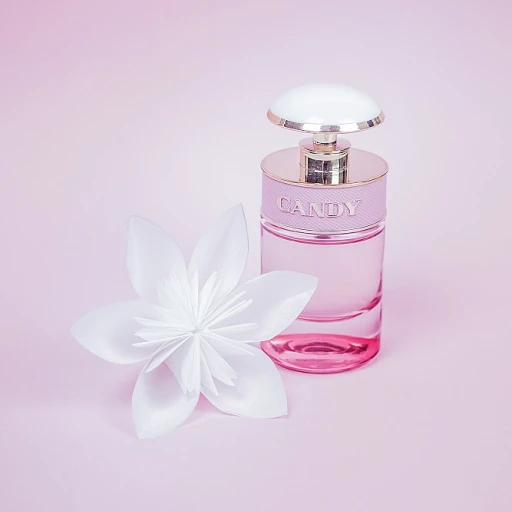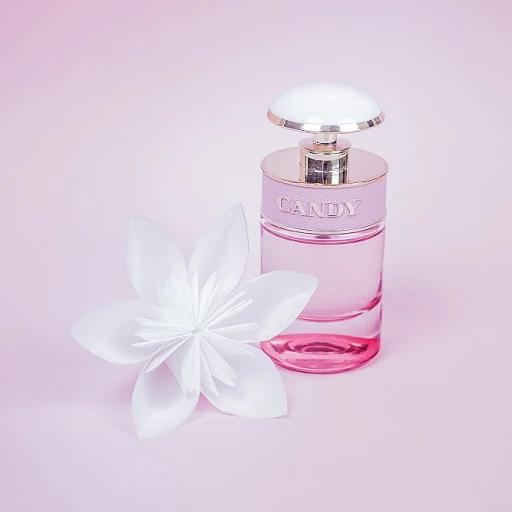
Understanding the Basics of Perfumery
Unveiling the World of Perfumery
Embarking on the journey of crafting your own signature scent begins with understanding the basics of perfumery. At its core, perfume making is an art that combines science and creativity. The process involves blending various fragrance notes to create a harmonious scent that resonates with your personality.
Perfumes are composed of three main layers: top, middle, and base notes. These layers unfold over time, creating a dynamic olfactory experience. Top notes are the initial impression, often fresh and light, while middle notes form the heart of the fragrance. Base notes provide depth and longevity, lingering on the skin long after the initial application.
When you choose a DIY perfume kit, you are essentially stepping into the shoes of a perfumer. These kits include essential oils, fragrance oils, and sometimes even perfumer alcohol to help you create a balanced blend. The price of these kits can vary, but they often offer a cost-effective way to explore the world of fragrance without the hefty price tag of commercial perfumes.
Understanding the role of each ingredient is crucial. Essential oils provide the natural essence, while fragrance oils offer a more concentrated scent. The alcohol acts as a carrier, helping to disperse the fragrance evenly. By experimenting with different combinations, you can create a unique scent that reflects your individuality.
As you delve deeper into the art of perfume making, you'll find that the possibilities are endless. Whether you're drawn to floral, woody, or spicy notes, the key is to experiment and refine your blend until it feels just right. This foundational knowledge will serve you well as you move on to choosing the right kit and gathering the necessary tools and ingredients for your perfume-making adventure.
Choosing the Right DIY Perfume Kit
Finding the Perfect DIY Perfume Kit to Match Your Vision
Selecting the right DIY perfume kit is a crucial step in the journey of crafting your own signature scent. With a variety of options on the market, it's important to choose a kit that aligns with your personal preferences and desired fragrance outcome. Here's how you can make an informed choice:
- Assess Your Preferences: Determine the type of scent you are aiming for, whether it's a warm gourmand, a delicate floral, or a fresh aquatic. This will guide you in picking a kit that offers the suitable fragrance notes.
- Inventory Check: Ensure that the perfume kit includes essential tools like bottles for storing your creation and an array of fragrance oils. Some kits also come with perfumer alcohol as a base, which is key to diluting your concentrated essential oils for a balanced scent.
- Explore Different Kits: From basic sets to comprehensive packs, explore various kits based on their unit price and price regular. A higher price kit might offer more fragrance options and larger pack sizes that can provide excellent value, especially if they're available at a sale price.
- Check for Customizability: Consider whether the kit allows you to mix and match oils to personalize your combination of fragrance notes. A good kit will give you the flexibility to experiment with different essential oils and fragrance oil combinations, making it easier to create a parfum or cologne that truly resonates with your unique style.
- Read Reviews and Guides: Before making a purchase, it's wise to read reviews or guides on well-regarded platforms. For instance, exploring resources like best perfume sample site can provide insights into popular kits, their price range, and other crucial details.
By considering these factors, you can choose a DIY perfume kit that not only fits your budget but also supports your creative exploration in perfume making. Remember, the right kit serves as the foundation for your olfactory masterpiece.
Essential Tools and Ingredients
Gathering Your Perfume Arsenal
Embarking on the journey of crafting your own signature scent requires the right tools and ingredients. A well-equipped DIY perfume kit is essential for creating a fragrance that truly represents you. Here’s what you’ll need to get started:
- Perfumer Alcohol: This is the base of most perfumes. It helps to dissolve the essential oils and allows the fragrance to disperse evenly. Look for high-quality options that ensure a smooth blend.
- Essential Oils and Fragrance Oils: These are the heart of your perfume. Choose a variety of fragrance notes to create depth and complexity. Popular options include lavender, rose, and sandalwood.
- Bottles: Invest in small, dark glass bottles to store your creations. They protect the perfume from light and help preserve its potency.
- Pipettes and Droppers: These tools are crucial for measuring and mixing your ingredients with precision.
- Mixing Beakers: A small beaker or mixing glass will help you blend your ingredients smoothly.
When selecting your perfume kits, consider the kit price and what it includes. Some kits offer a wide range of oils and tools, while others might focus on specific notes. Remember, the price regular might differ from the sale price, so keep an eye out for deals.
For those new to perfume making, it’s wise to start with a basic kit and gradually expand your collection of ingredients and tools. This approach allows you to experiment with different fragrance notes and find what resonates with you. As you become more comfortable, you can explore more complex kits and choose options that offer a broader range of perfume cologne possibilities.
Step-by-Step Guide to Creating Your Perfume
Creating Your Unique Fragrance
Embarking on the journey of crafting your own perfume can be both exciting and rewarding. With your DIY perfume kit at hand, you’re ready to blend your own signature scent. Here’s a step-by-step guide to help you through the process.
Step 1: Gather Your Ingredients and Tools
Before you start, ensure you have all the necessary ingredients and tools. Your kit should include essential oils, fragrance oils, and perfumer alcohol. You’ll also need bottles for your final product. Check the kit price to ensure it includes everything you need. If not, you might need to purchase additional oils or bottles.
Step 2: Choose Your Fragrance Notes
Begin by selecting your fragrance notes. Typically, a well-rounded perfume includes top, middle, and base notes. Choose options that resonate with your personal style. For instance, citrus oils make great top notes, while floral or spicy oils can serve as middle notes. Base notes often include deeper scents like vanilla or sandalwood.
Step 3: Mix Your Ingredients
Start by adding a few drops of your chosen essential oils into a mixing bottle. The ratio of oils can vary, but a common starting point is 30% top notes, 50% middle notes, and 20% base notes. Adjust according to your preference. Once your oils are combined, add the perfumer alcohol to the mix. The alcohol acts as a carrier, helping to blend the oils and preserve the scent.
Step 4: Let It Mature
After mixing, let your perfume sit for at least 48 hours. This maturation period allows the fragrance notes to blend harmoniously. For a more refined scent, consider letting it mature for a week or more.
Step 5: Test and Adjust
Once matured, test your perfume on your skin. The warmth of your body will reveal the true nature of the fragrance. If needed, adjust the scent by adding more oils or alcohol. Remember, perfume making is an art, and finding the perfect balance may take a few tries.
With patience and creativity, your DIY perfume kit can yield a truly unique fragrance that reflects your personal style. Enjoy the process and the satisfaction of wearing a scent that is entirely your own.
Tips for Perfecting Your Scent
Refining Your Unique Fragrance
Creating a signature scent with a DIY perfume kit is an art that requires a bit of experimentation and patience. Once you've completed the initial preparation steps and mixed your chosen perfume notes, it’s time to refine and perfect your fragrance. Here are some valuable tips to help you in this process:- Be Patient with the Aging Process: Allow your fragrance to age before making any final judgments. Perfume oils and alcohol take time to blend and develop, often requiring two to four weeks for the full complexity of the perfume to be realized.
- Test Gradually: Before adding large quantities of a new fragrance oil, test it in smaller increments. This helps you gauge the impact of the additional note without overpowering the existing blend.
- Revisit and Adjust: Periodically revisit your creation as it matures. Your perception of the scent may change over time, and you can then adjust by adding more of certain fragrance notes to balance the overall profile.
- Keep a Detailed Recipe: Document the exact measurements of each ingredient used. This step is crucial if you want to recreate the scent or tweak future batches for improvement.
- Embrace Seasonal Variations: External factors like temperature can influence the way scent molecules evaporate and interact. Create variations for different seasons, allowing your perfume to be as dynamic as your lifestyle.
- Seek Feedback: Don’t hesitate to have others test your creation for a second opinion. Others may detect nuances that you might overlook.
Storing and Preserving Your Creation
Preserving the Aroma of Your Handcrafted Scent
Once you've conquered the art of creating a DIY perfume, it’s essential to ensure your signature scent retains its fragrance and quality over time. Proper storage and preservation methods are key to maintaining the allure of your personalized creation.- Choose the Right Bottles: Opt for dark glass bottles to store your perfume, as these can protect your fragrance oils from direct sunlight, which can degrade essential oils and alcohol faster. Clear bottles, while aesthetically pleasing, do not provide the same level of UV protection, which can affect your fragrance notes.
- Keep Away from Heat and Light: Store your perfume bottles in a cool, dark place. Excessive heat and light can accelerate the evaporation of alcohol and the deterioration of fragrance ingredients. A closet or a drawer in a room with stable temperature is ideal.
- Secure the Caps Tight: Always make sure the caps on your perfume bottles are securely fastened. This prevents the alcohol and volatile oils from evaporating, helping to maintain the scent strength and longevity. Remember, even the most well-crafted fragrances can lose their potency if exposed to air and moisture.
- Monitor the Shelf Life: Even with the best practices, fragrances can change over time. Regularly check your DIY perfume for any alterations in color or scent. Most perfumes can last up to 3-5 years if properly stored, so be sure to take note if your fragrance starts to smell different.
- Store Leftover Ingredients Properly: To preserve the quality of your remaining fragrance oils and other kit ingredients, seal them tightly and store them in a similar cool, dark environment. This helps ensure they remain fresh for your next perfume making endeavor.
